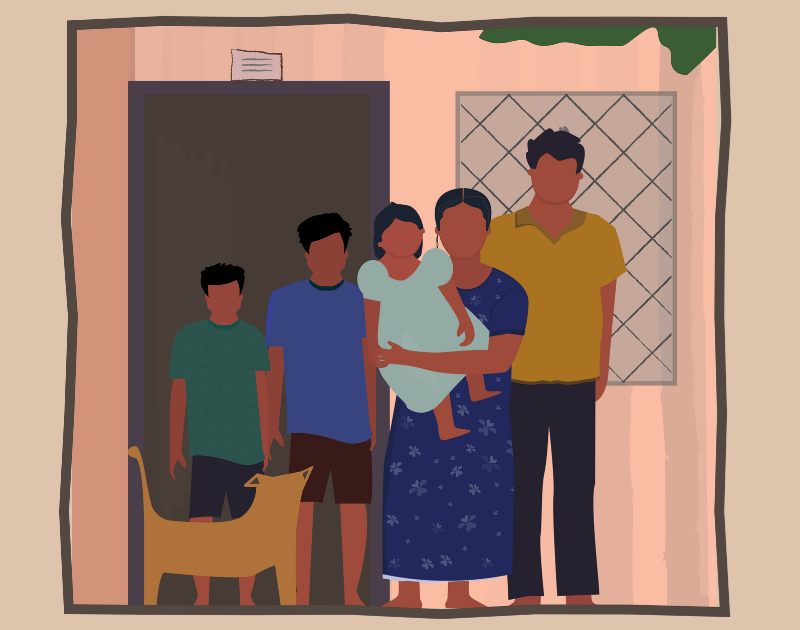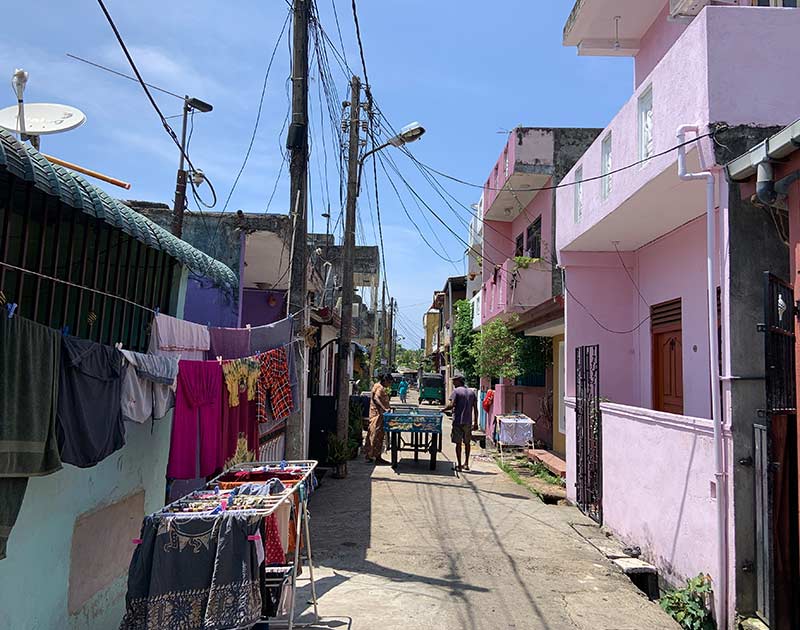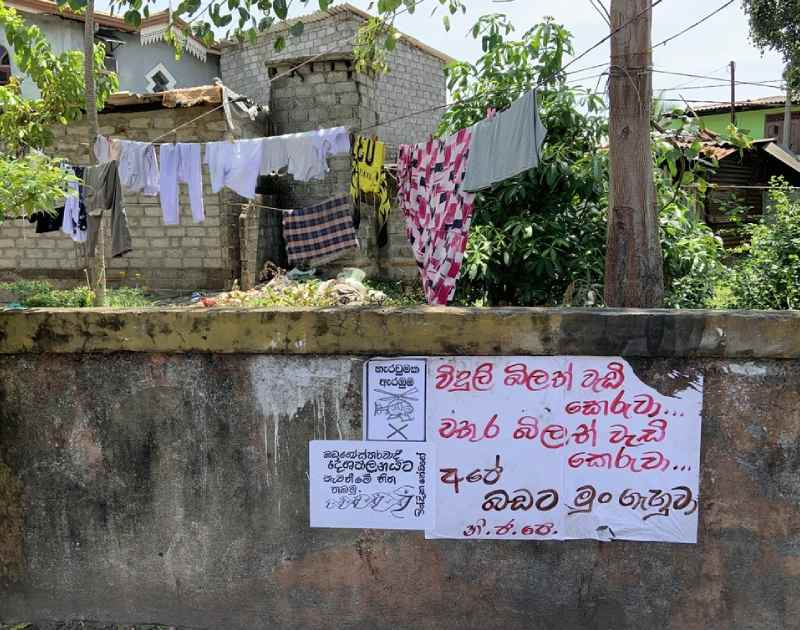
- Home
- Knowledge Insights
- COVID-19, Economic Crisis, and the Erosion of Sri Lanka’s Economic, Social and Cultural Rights Commitments
Sri Lanka is a state party to the International Covenant on Economic, Social and Cultural Rights (ICESCR), obligated to progressively realise rights such as adequate food, housing, health, education, and social security. Yet Sri Lanka’s polycrisis–of the COVID-19 pandemic and the economic crisis have laid bare how these commitments have faltered. The working class poor in Colombo—many of whom had not recovered from pandemic lockdowns—were hit by skyrocketing living costs, job losses, and a breakdown in public services. The result has been a dramatic retrogression in basic rights: families reducing meals, children dropping out of school, worsening maternal health, and a social protection system that failed to catch those falling through the cracks.
This policy report analyses these failures through a rights-based lens, drawing on primary field research in Colombo city from 2020 – 2025, and policy analyses by Colombo Urban Lab (CUL).
Despite clear obligations, Sri Lanka’s track record shows a persistent gap between formal commitments and reality. Even before recent crises, many Sri Lankans struggled to enjoy basic economic and social rights: for example, nearly three-quarters of households in Colombo’s low-income settlements were food-insecure (Colombo Urban Lab, 2023c). This report reviews Sri Lanka’s historical and contemporary performance in upholding ESCR.
The notion of what constitutes “adequate” food, housing, or infrastructure is highly contextual, and in Colombo, this metric is further complicated by the city’s relatively high baseline standard. As Sri Lanka’s commercial capital, Colombo boasts greater infrastructural coverage, higher rates of literacy, and more consistent access to utilities than many rural areas. Yet these same features raise the threshold for what is considered minimally acceptable. A child in Colombo may have access to a school, but if that school lacks a functioning meal program, digital access, or safe transport routes, is it still “adequate”? Similarly, a household in a low income high-rise apartment may have a roof over its head, but if that roof comes with unaffordable electricity bills, no space to cook safely, and broken elevators, adequacy becomes a hollow term. The use of national or generic benchmarks risks masking localised deprivation. What is considered “enough” in other districts may still result in exclusion and hardship in Colombo, especially when households are penalised for infrastructure they nominally possess but cannot afford to use. In this way, the principle of adequacy—while central to ESCR—must be grounded in the lived realities of specific urban settings.
This Policy Report underscore the indivisibility of ESCR rights: they rise or fall together. The failure of the state to see these interlinkages meant responses were often piecemeal – e.g. a token cash transfer here, a school meal there – insufficient to break the cycle of deprivation. A holistic, rights-based approach would recognise that secure housing, food, work, health, and education must be advanced in tandem, not traded off against each other.
Read the full Policy Report here.


